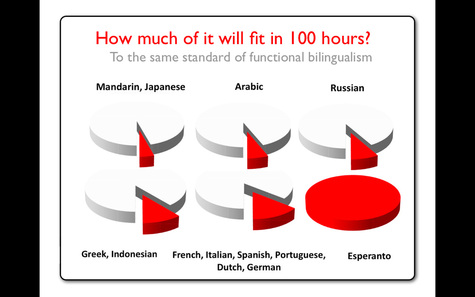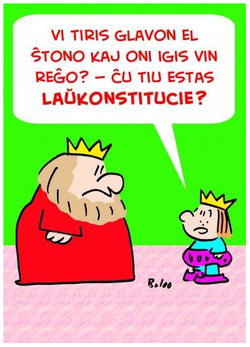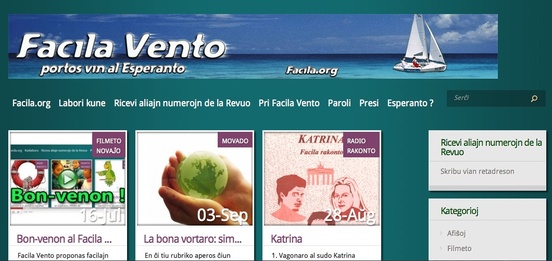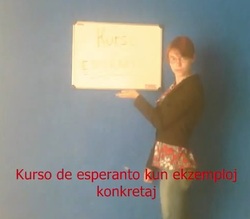
Yesterday's post showed what early Esperanto can offer your students in terms of an engine upgrade, today is all about transferrable skills.
Experts in Languages Education have long been aware of something called the propaedeutic effect - the fact that bilingual people master a new language quicker than monolingual people do.
A good summary of many of the studies reaching this conclusion can be found here.
A more charismatic testimony to the same effect is offered by Benny the Irish Polyglot here.
Why would you care about transferable skills?
1. Why not? If you are doing Esperanto anyway in order to equip your students with increased concentration capacity before they are too old to gain maximum benefit, transferable skills are icing on the cake.
2. You can't possibly know which languages are going to matter to which children in the course of their lives, so equipping them with linguistic flexibility is the best service you can provide.
3. Transferable skills provide protection against the continuity problems endemic in the present school system, due to inadequate supply of LOTE specialists and limited demand for LOTE in the post-compulsory phase. In the present system, few children achieve significant mastery of another language because the target language changes with teacher availability. Even the few children lucky enough to experience transition to a secondary LOTE program matching their relatively successful primary target language, experience a frustrating hiatus while incoming students without that experience are inducted into the language. Better to master one multicultural language in primary school and start fresh and confident in a new one in secondary.
So what skills are transferrable, exactly? Are they anything to do with De Bono's conception of "Thinking Skills".
Stay tuned for tomorrow's blog :-)










 RSS Feed
RSS Feed